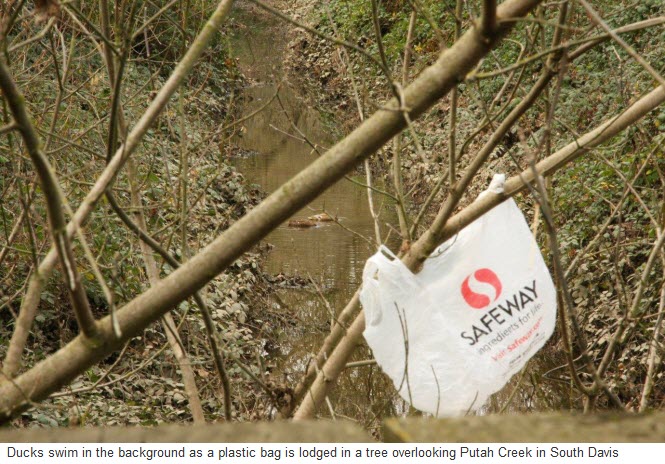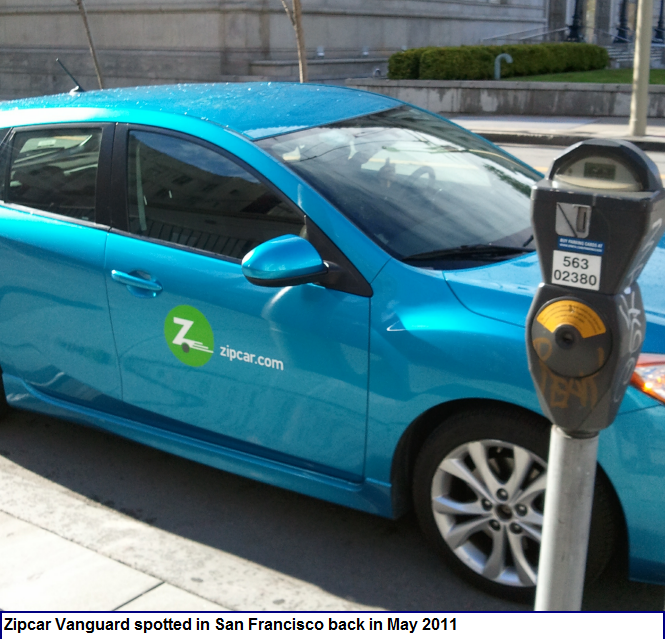City Council To Decide on Plastic Bag Ban Ordinance

Back in February, the Davis City Council directed staff to hold off on CEQA documentation to see what would happen at the state level with regard to the implementation of single use plastic bag legislation. While several bills were under consideration at the legislative level, the legislature killed several of them and it appears that they will not act on any legislation this session.
Based on that, staff is presenting a schedule for the Davis City Council to move forward with consideration of a local ordinance that would regulate single use carry-out bags, similar to efforts in communities throughout California.




